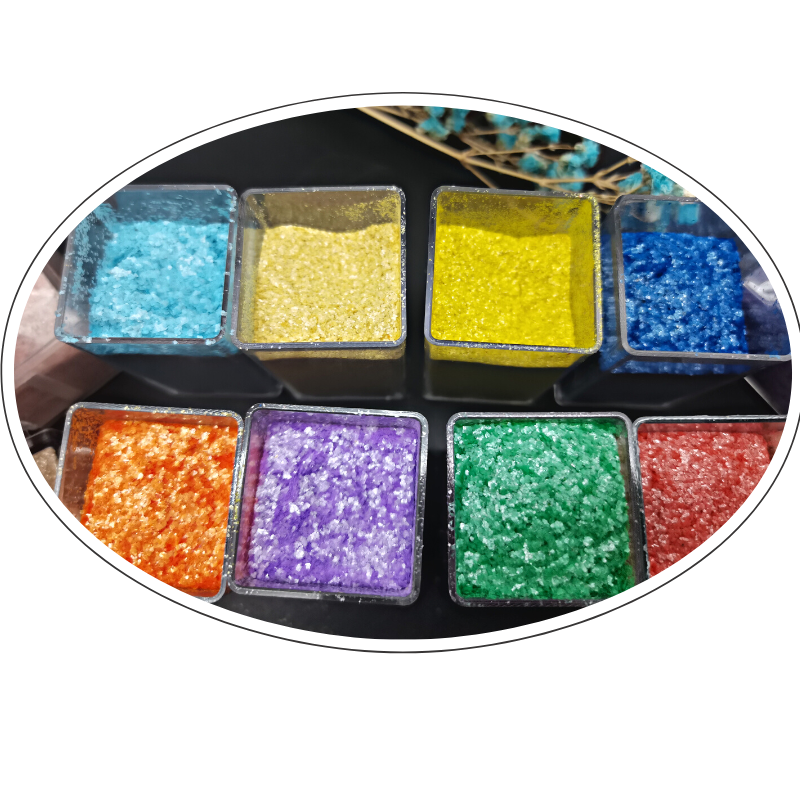
barite powder for drilling factory
Barite Powder for Drilling An Essential Component in the Oil and Gas Industry
Barite powder, a naturally occurring mineral composed primarily of barium sulfate (BaSO4), plays a critical role in the oil and gas drilling industry. Its unique properties, such as high density, chemical inertness, and resistance to high temperatures and pressures, make it an essential component of drilling mud. This article explores the significance of barite powder in drilling operations, its applications, and its production process.
The Importance of Barite Powder in Drilling
In the context of drilling, barite powder serves multiple purposes. One of its primary functions is to increase the density of drilling mud. High-density mud is crucial for maintaining wellbore stability and preventing blowouts during drilling operations. By adding barite powder to the drilling fluid, operators can effectively control the hydrostatic pressure exerted by the column of fluid in the well, thereby managing the influx of fluids from the surrounding formation.
Moreover, barite acts as a weighting agent, which helps to keep the drill bit in contact with the rock formations. This improves drilling efficiency and helps extend the life of drilling equipment. Additionally, barite contributes to the lubrication of the drill bit and the overall fluid circulation, reducing friction and wear on both the drill bit and the wellbore itself.
Applications of Barite in Drilling
Barite is primarily used in the formulation of drilling muds, which are crucial for both onshore and offshore drilling operations. The most common application is in the oil and gas industry, where barite-enhanced drilling muds are used to drill wells to extract petroleum and natural gas. Barite can also be found in other drilling applications, such as in geothermal drilling and water well drilling.
barite powder for drilling factory

Apart from its ubiquitous use in drilling fluids, barite powder has applications in the manufacture of paints, plastics, and rubber due to its whiteness, brightness, and ability to enhance the physical properties of these materials. It is also used in the formulation of certain types of glass and ceramics.
Production Process of Barite Powder
The production of barite powder involves several steps to ensure its quality and purity. Initially, the barite ore is extracted from mines, where it is often found in association with other minerals. After extraction, the ore is crushed and ground into a fine powder. This grinding process is critical, as the fineness and particle size distribution of the barite powder significantly affect its performance in drilling applications.
The ground barite is then subjected to various processing techniques to remove impurities. These techniques may include flotation, magnetic separation, or chemical treatment, depending on the quality of the raw material. The end product is a highly pure barite powder, ready for use in drilling fluids.
Conclusion
Barite powder is an invaluable resource in the drilling industry, contributing to the efficiency and safety of drilling operations. Its unique properties allow for better control of wellbore conditions, improved lubrication, and enhanced overall performance of drilling fluids. As the demand for oil and gas continues to grow, the significance of high-quality barite powder will remain at the forefront of drilling technology. Proper sourcing and processing of this mineral are essential to ensure that the drilling industry can meet the challenges of extracting resources in increasingly complex environments.
Share
-
Premium Pigment Supplier Custom Solutions & Bulk OrdersNewsMay.30,2025
-
Top China Slag Fly Ash Manufacturer OEM Factory SolutionsNewsMay.30,2025
-
Natural Lava Rock & Pumice for Landscaping Durable Volcanic SolutionsNewsMay.30,2025
-
Custom Micro Silica Fume Powder Manufacturers High-Purity SolutionsNewsMay.29,2025
-
Custom Mica Powder Pigment Manufacturers Vibrant Colors & Bulk OrdersNewsMay.29,2025
-
Custom Micro Silica Fume Powder Manufacturers Premium QualityNewsMay.29,2025






